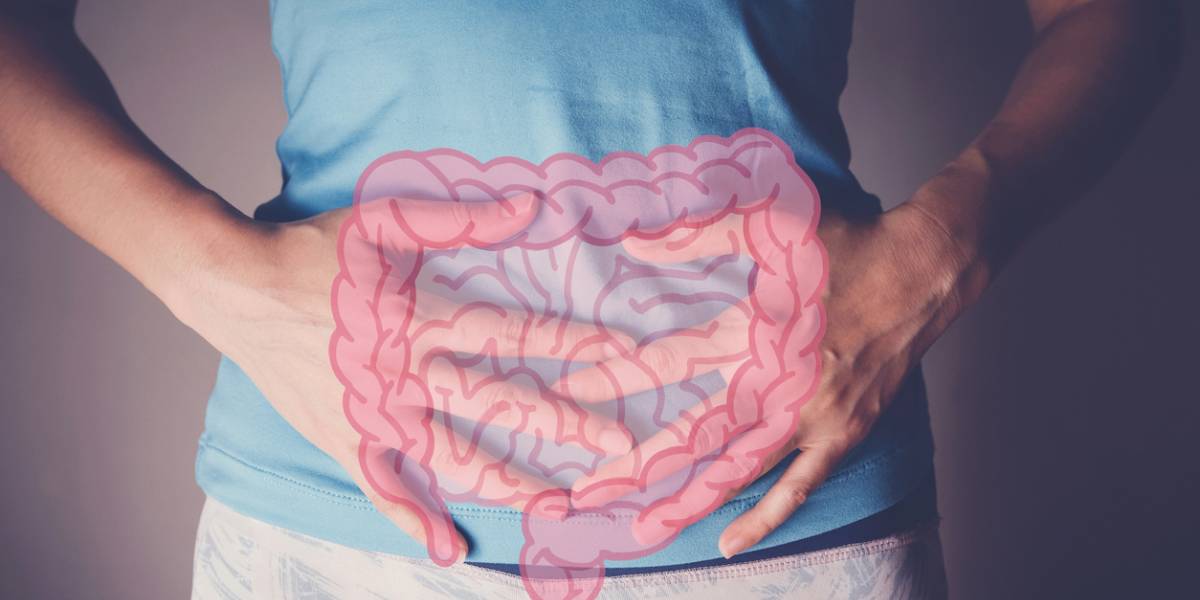Physical activity and a good night’s sleep can improve brain function for up to 24 hours, new research has suggested.
A recent study from the University College London and the University of Oxford has found that older adults can feel the benefits of exercise and good sleep for up to a day later.
Senior author Andrew Steptoe said: “Among older adults, maintaining cognitive function is important for good quality of life, well-being, and independence. It’s therefore helpful to identify factors that can affect cognitive health on a day-to-day basis.”
A total of 76 middle-aged and older adults took part in the study by wearing an accelerometer on their dominant wrist continuously for eight consecutive days.
- Brain feels benefits of exercise up to a day after
- Diabetes-associated brain ageing prevented by healthy lifestyle
- Exercise can lower heart disease risk by reducing stress signalling in the brain
The team of researchers analysed the participants’ sleep quality and physical activity. Exercise was categorised into three groups: moderate-to-vigorous physical activity, light physical activity, sedentary behaviour. Each participant also took daily tests to assess their cognitive ability.
Co-author Dr Mikaela Bloomberg said: “Moderate or vigorous activity means anything that gets your heart rate up – this could be brisk walking, dancing or walking up a few flights of stairs. It doesn’t have to be structured exercise.”
According to the study, the participants doing more moderate-to-vigorous physical activity had a better episodic and working memory up to 24 hours later than those with more sedentary behaviour.
Episodic memory is a type of long-term memory that involves conscious recollection of previous experiences together with their context in terms of time, place, associated emotion.
- Common brain degenerative disease may develop at younger age with no symptoms
- Playing a musical instrument can boost brain health and improve memory in older age
- Brain changes in women at certain times of the month increase cravings for junk food
The findings have revealed that the participants who got more rapid eye movement (REM) sleep had a better episodic memory the next day compared to those who had less REM sleep.
Dr Bloomberg said: “Our findings suggest that the short-term memory benefits of physical exercise may last longer than previously thought, possibly to the next day instead of just the few hours after exercise.
“Getting more sleep, particularly deep sleep, seems to add to this memory improvement.”
Dr Steptoe added: “However, we can’t establish from this study whether these short-term boosts to cognitive performance contribute to longer-term cognitive health, and though there is plenty of evidence to suggest physical activity might slow cognitive decline and reduce dementia risk, it’s still a matter of some debate.”
Read the study in the International Journal of Behavioral Nutrition and Physical Activity.






